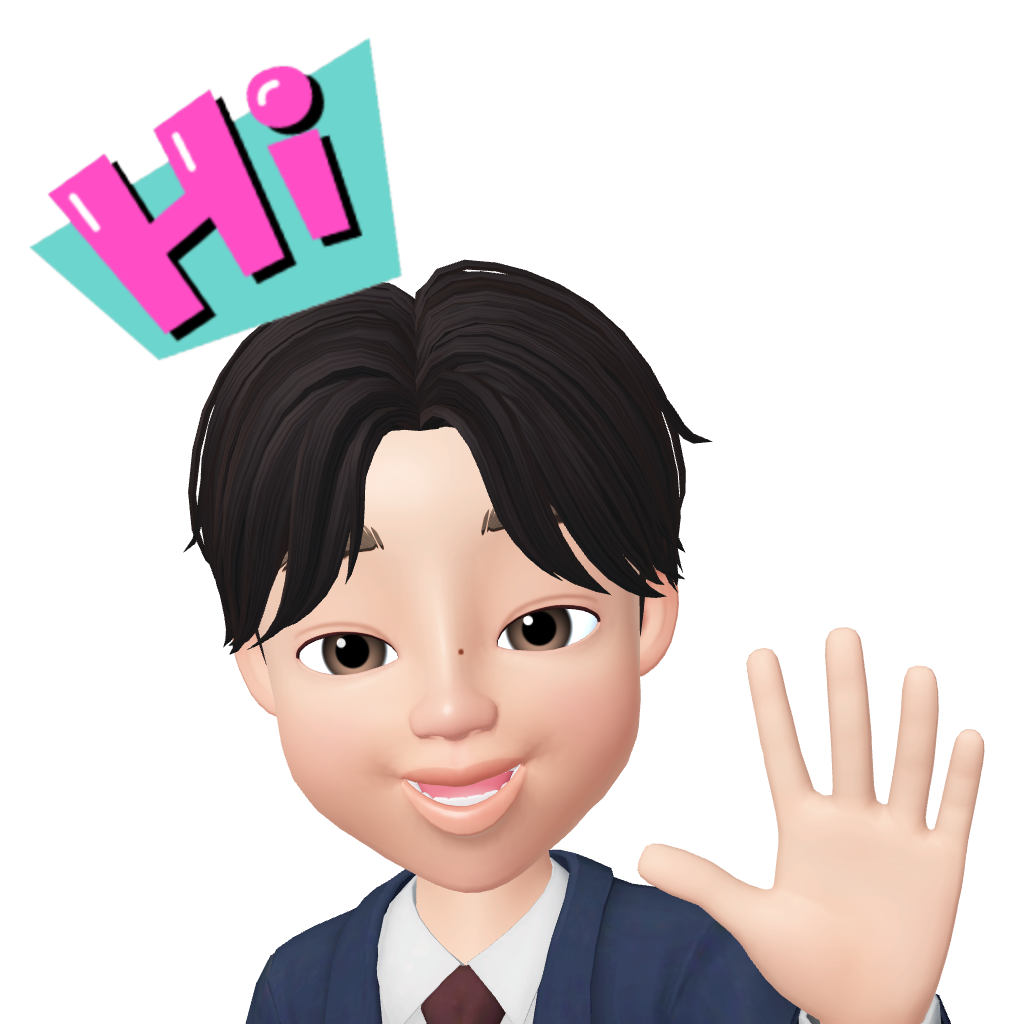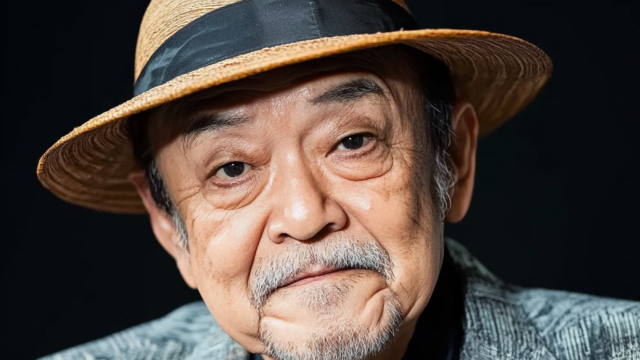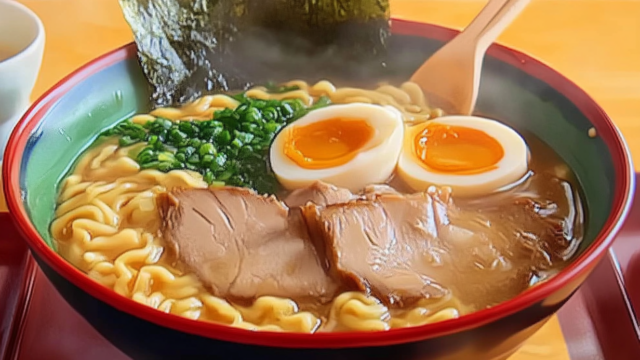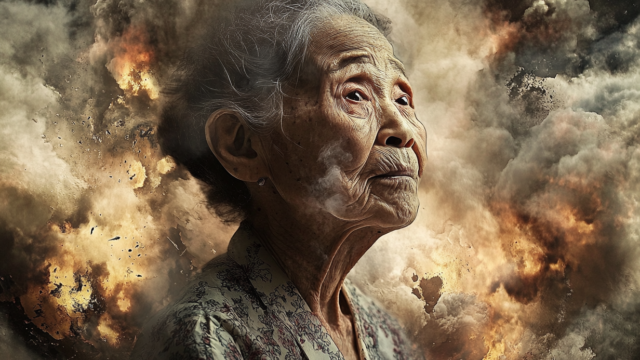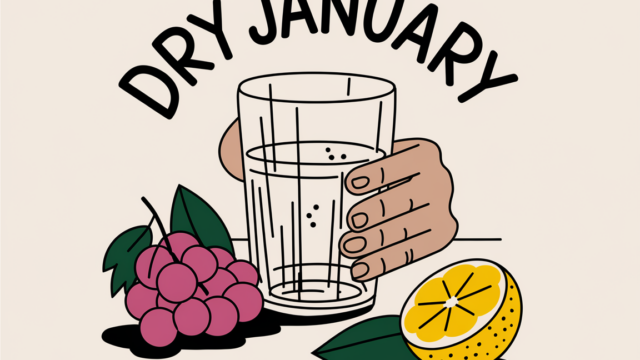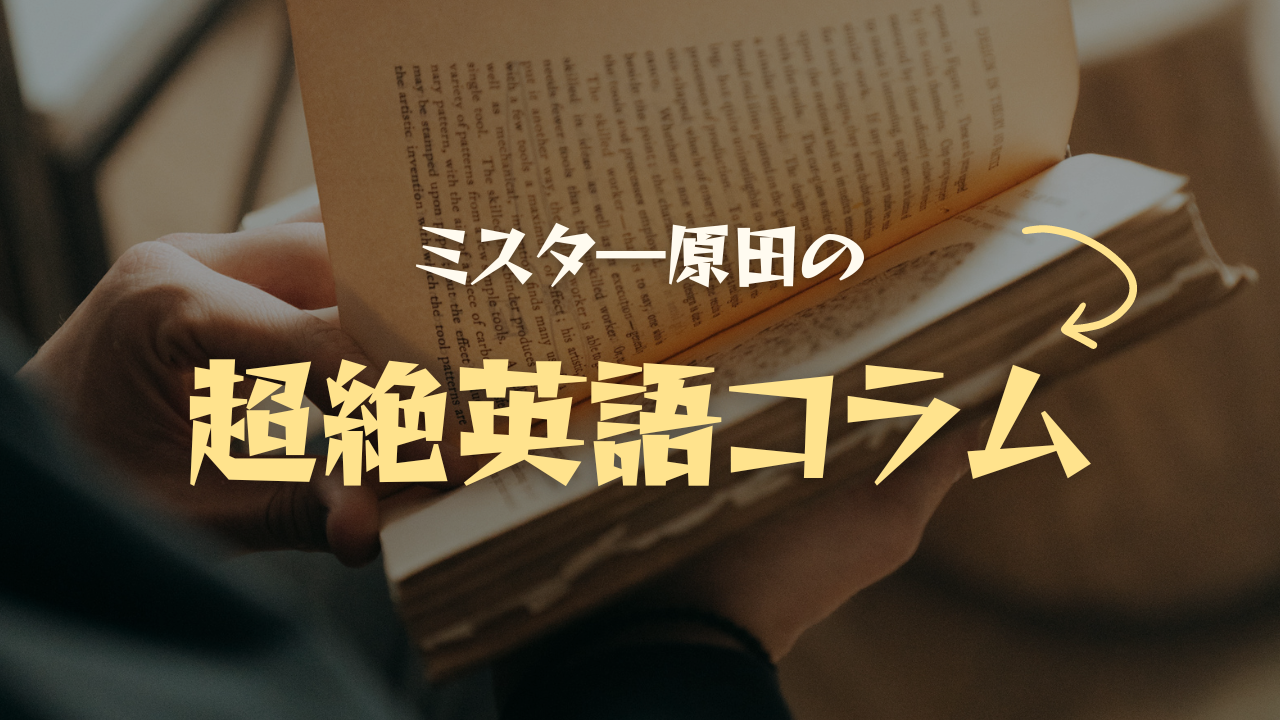
「医療とSNSの境界線」~美容外科医の解剖実習投稿が波紋──献体写真に「頭部がたくさん並んでる」と添え~
医療現場でのSNS投稿が新たな倫理的課題として注目を集めている。先日、ある美容外科医による解剖実習の投稿が社会に衝撃を与えた。「fresh cadaver(新鮮な遺体)」という医学用語とともに、献体の写真を公開し、さらには笑顔でピースサインをした記念撮影まで投稿したのである▼この事態が投げかけた問題は深い。SNSの即時性と拡散性が、医療現場という厳粛な空間の在り方を根本から揺るがしているのだ▼かつて医療者の言動は、病院や学会という限られた空間でのみ評価されていた。しかし今や、一瞬の投稿が瞬く間に拡散され、医療者としての資質そのものが社会の厳しい審判にさらされる▼特に解剖実習は、人の死と向き合い、医療者としての倫理観を培う神聖な学びの場である。その場で撮影された写真を「打ち上げ」の報告と同列に扱う感覚は、献体への敬意を著しく損なうものだ▼統括院長は「アメリカでの解剖なので日本とはルールが異なる」と釈明したが、これは本質的な問題の理解を欠いている。医療倫理は国境を超えた普遍的な価値であり、文化の違いで正当化できるものではない▼SNSは確かに便利な発信ツールだ。しかし、その手軽さゆえに、時として私たちの倫理的判断を鈍らせる。医療者には、生命に関わる職業人としての深い洞察と、慎重な言動が求められている。デジタル時代だからこそ、アナログな人間性が問われているのかもしれない。

【英語訳】“The Boundary Between Healthcare and Social Media” — A Cosmetic Surgeon’s Anatomy Training Post Sparks Controversy After Captioning Donated Body Photos with “There Are So Many Heads Here”
Social media use in medical settings has come under fresh scrutiny as a new ethical issue. Recently, a cosmetic surgeon’s social media post about an anatomy training session sent shockwaves through society. Alongside the medical term “fresh cadaver,” the surgeon publicly shared photos of the donated body, even posting a commemorative snapshot smiling and flashing a peace sign.
This incident raises profound questions. The instant and far-reaching nature of social media is shaking the very foundation of the solemn environment that medical practice demands.
In the past, healthcare professionals’ words and actions were largely evaluated within the confines of hospitals and academic conferences. But now, a single post can spread like wildfire, placing the very essence of a healthcare provider’s professional integrity under the harsh judgment of society.
Anatomy training, in particular, is a sacred learning environment where medical professionals face human mortality and develop their ethical standards. To treat photos taken during such a session on par with party updates is a grave affront to the dignity owed to those who have donated their bodies.
The chief medical director explained that “the dissection took place in the United States, so the rules differ from Japan,” but this reveals a lack of understanding of the core issue. Medical ethics are universal values that transcend national borders and cannot be justified by cultural differences alone.
While social media is undoubtedly a convenient communication tool, its ease of use sometimes dulls our ethical judgment. For healthcare professionals, whose work directly involves human life, profound insight and prudence in every action are paramount. Perhaps in our digital age, it is precisely our analog humanity that is being put to the test.
